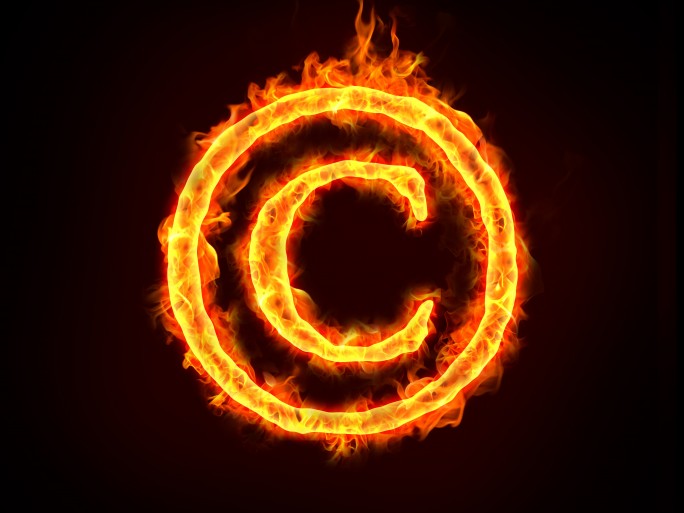Google and other search engines may be forced to pay publishers for even short snippets of news articles displayed on their websites under a planned German copyright law that was given the green light last week.
The plan introduced last week by Germany’s governing coalition, led by the Christian Democratic Union (CDU), authorises the German ministry of justice to begin developing a bill for the new copyright law, the CDU said.
Law coming next year
A draft of the bill could be published as early as April, and the Bundestag is expected to begin debating it this summer. The law could go into effect in Germany next year, the CDU said.
The law would oblige Internet aggregators and search engines to pay publishers to display all or part of their articles, including snippets such as headlines embedded in search links, according to the CDU.
 Journalistic citations and private Internet users such as bloggers would be exempt from the law, and for those who must pay, a sliding scale would be used, with smaller fees for small snippets and more substantial fees for entire articles.
Journalistic citations and private Internet users such as bloggers would be exempt from the law, and for those who must pay, a sliding scale would be used, with smaller fees for small snippets and more substantial fees for entire articles.
Fees would be gathered and distributed by an organisation similar to those which gather royalties on music, and content would be protected for one year.
The plan follows a campaign of lobbying by the German publishing industry, which argued such a scheme is necessary to protect an “independent, privately financed news media”.
‘Essential’
“In the digital age, such a right is essential to protect the joint efforts of journalists and publishers,” stated the Federation of German Newspaper Publishers, according to a New York Times report.
The move has been met with protests by German bloggers and Internet firms, who have warned it could create an inefficient bureaucracy and limit freedom of speech.
Google executive chairman Eric Schmidt said the law could hinder the development of Germany’s digital economy.
“I fear that such a regulation would slow down the development of the Internet because it creates additional costs and leads to inefficiencies,” Schmidt said, according to a report by the DPA news agency.
For their part, publishers claim the law will allow sufficient flexibility to permit freedom of speech while ensuring that companies who profit from the publication of news snippets, such as news aggregators and search engines such as Google, cut publishers in on a small percentage of their takings.
Germany is not alone in its efforts to protect publishers. In the US, a brokerage organisation called NewsRight was formed in January by the Associated Press and 28 other news organisations. The group tracks citations for articles across the Internet and seeks to turn aggregators into paying customers.
In 2007 Google agreed to license content from Agence France Presse following a legal challenge from the agency. Last year Google agreed to remove all content created by an association of Belgian newspaper publishers from its websites after it lost a court case in that country.
Do you know Google’s secrets? To find out, take our quiz.




